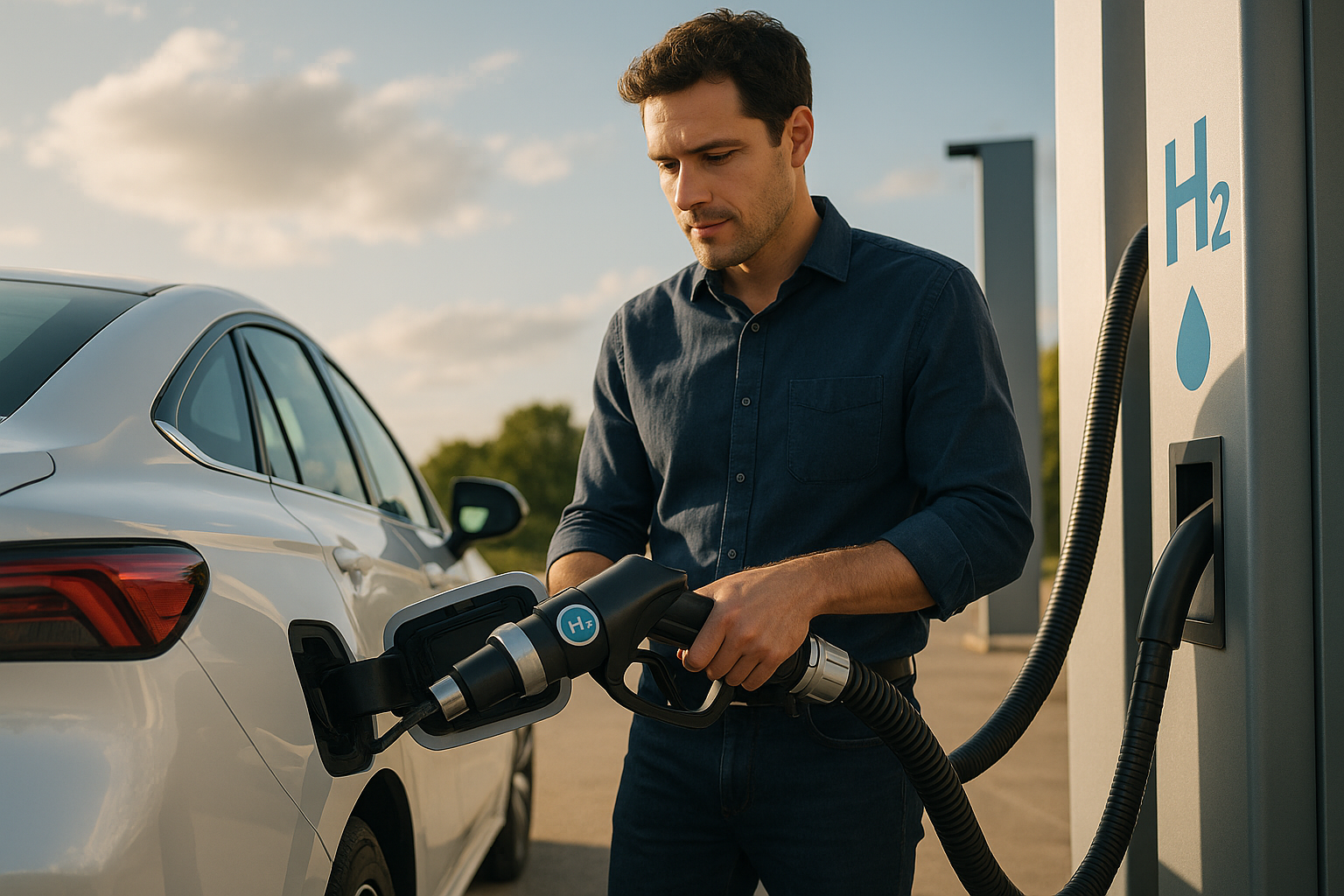Trailblazing with Hydrogen: The Future of Fuel Cell Vehicles
The automotive industry is undergoing a transformative era, and nestled within the plethora of technological advances, fuel cell vehicles (FCVs) are steadily gaining attention. This article will delve deep into the world of FCVs, providing a historical backdrop, examining the technology, and exploring the potential impact on the automotive landscape. Get ready to embark on a journey into the world of hydrogen-powered vehicles.

The Dawn of Fuel Cell Vehicles
Fuel cell technology isn’t a newfound concept. Its roots trace back to the mid-19th century, when Sir William Grove invented the first fuel cell, known as the ‘gas voltaic battery’. However, it wasn’t until the 20th century that fuel cell technology found its way into automotive applications. The first fuel cell car, a modified Allis-Chalmers farm tractor, came into existence in 1959. But the real breakthrough happened in the 1960s when General Motors’ Electrovan showcased the practical potential of hydrogen as a fuel source for cars.
Understanding the Mechanism
At the heart of a FCV is the fuel cell stack. It’s here where the magic happens. Electrochemical reactions between hydrogen fuel and oxygen from the air generate electricity, which then powers the electric motor. The only by-product of this process is water vapor, making FCVs exceptionally environmentally friendly.
The Current Scenario and Future Predictions
Today, FCVs are still a niche segment in the automotive industry, with a handful of manufacturers like Toyota, Honda, and Hyundai leading the charge. However, industry experts predict a bright future. The International Energy Agency (IEA) forecasts that by 2040, there could be as many as 400 million FCVs on the road.
Impact, Advantages, and Challenges
FCVs have the potential to revolutionize the automotive industry. They offer zero-emission mobility, superior energy efficiency, and the ability to refuel quickly, much like traditional vehicles. However, there are challenges. Developing a comprehensive hydrogen infrastructure is a massive task. Additionally, the cost of fuel cell technology remains high.
The Road Ahead
Fuel cell vehicles are undoubtedly an exciting prospect for the future of the automotive industry. As we continue to strive for sustainable mobility solutions, FCVs offer a promising, albeit challenging, path. The journey has just begun, but with continued research and development, the dream of a hydrogen-powered automotive future seems more achievable than ever before.




